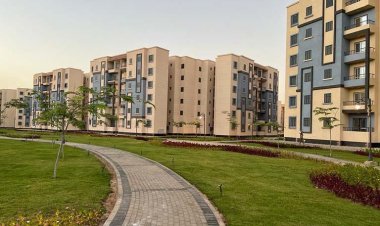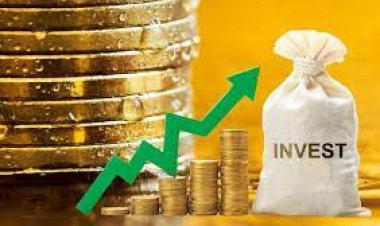Bloomberg: Saudi Arabia is turning into a “new China”
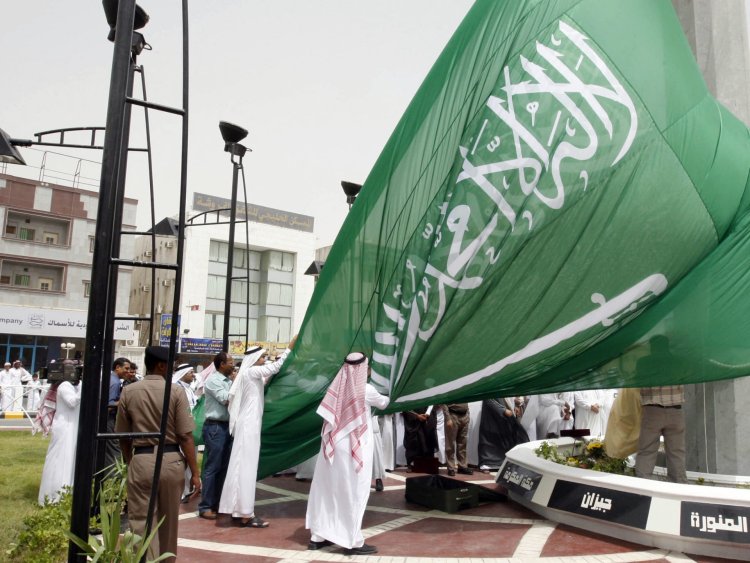
A Bloomberg report described Saudi Arabia as “the new China” due to its wide attraction of businessmen and those looking for new investment opportunities, as the Crown Prince, Mohammed bin Salman, developed a multi-trillion-dollar plan to liberate the country’s economy from dependence on the oil sector.
Investment opportunities
The report said that "crowds of financial advisors wearing Western clothing have become commonplace in Riyadh hotels." In recent months, they have been joined by another group of investment opportunity seekers “keen to get an early foothold in the big emerging markets growth story.”
The kingdom, which joined the MSCI Emerging Markets Index in 2019, has attracted little of the billions of dollars that equity investors allocate to global equity markets.
MSCI is a provider of decision support tools and services to the global investment community, with more than 50 years of research experience.
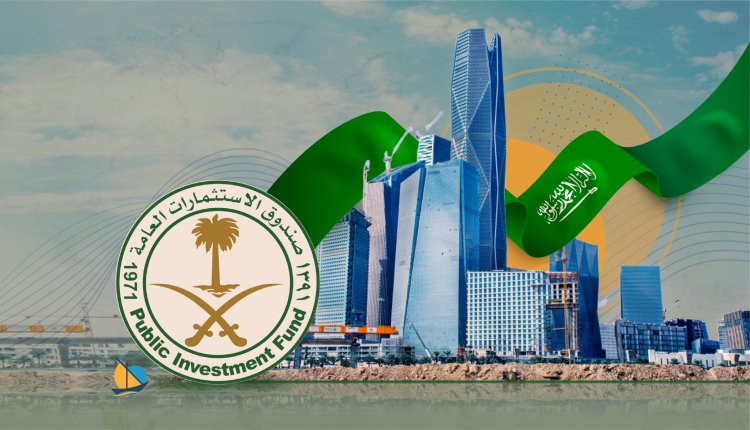
Encouraging foreign investment
With Russia excluded from the index and China losing its appeal due to the economic slowdown - the report confirms - some investors began to look at Saudi Arabia with a new vision, “attracted by a constant stream of reforms to encourage foreign investment and mega projects.”
“Saudi Arabia now looks like China in the 2000s,” said Fergus Argyll, who helped launch a new emerging markets fund for EFG New Capital two years ago.
He added that the Kingdom is still “extremely underrepresented” in investors’ portfolios even after the aforementioned index attracted net foreign inflows of more than $3 billion this year.
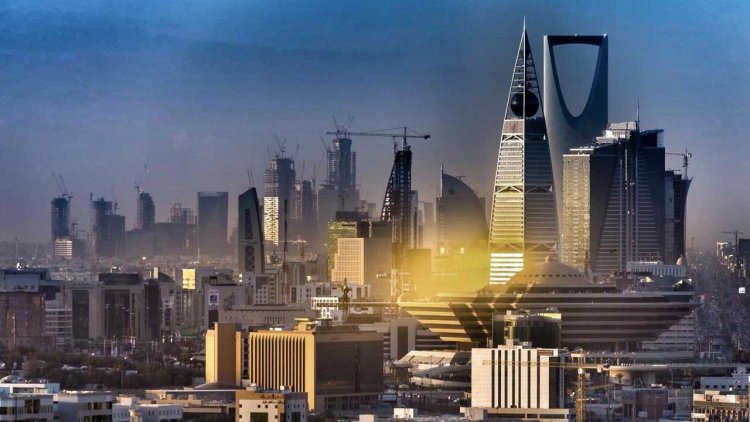
24 billion dollars
“This is a fraction of the $24 billion that flowed when the index joined the MSCI index four years ago, but analysts say the volume will grow as reforms begin,” Bloomberg asserts.
The Saudi Stock Exchange is the largest and most liquid in the Middle East and home to the world's largest oil producer - Aramco - after it raised nearly $30 billion in selling shares in 2019.
Over the past few years, the stock market, traditionally dominated by banks and petrochemical companies, has added large healthcare, retail and energy companies.
Low-cost Flynas is considering listing as soon as next year.
Saudi Arabia's weight in the MSCI Emerging Markets Index rose to approximately 4.1% from about 1.5% when it was originally included in the index as foreign interest grows and Riyadh encourages more companies to go public.
Saudi companies have raised $11.5 billion from listings since the beginning of 2022.
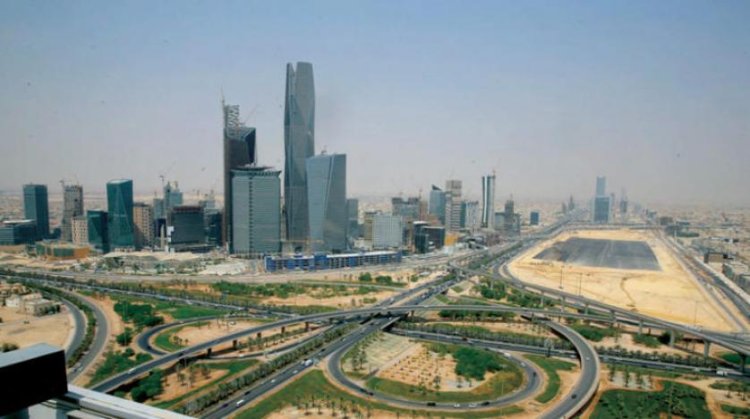
Chinese market
The growing interest in Saudi Arabia reflects declining foreign participation in the Chinese market.
“India has emerged as one of the main beneficiaries of this shift, and Russia’s absence from the index means that investors do not have many other alternatives,” the agency says.
The choice will become more limited if South Korea is upgraded to developed market indices, which could happen sometime next year, according to the same report.
“We see that Asian investors are showing more interest in seeing and meeting companies from the Middle East because as an emerging markets fund, you have to look at diversifying your investments,” said Harish Raman, head of the Asian Capital Markets Syndicate at Citigroup.


 Shrouq
Shrouq 









